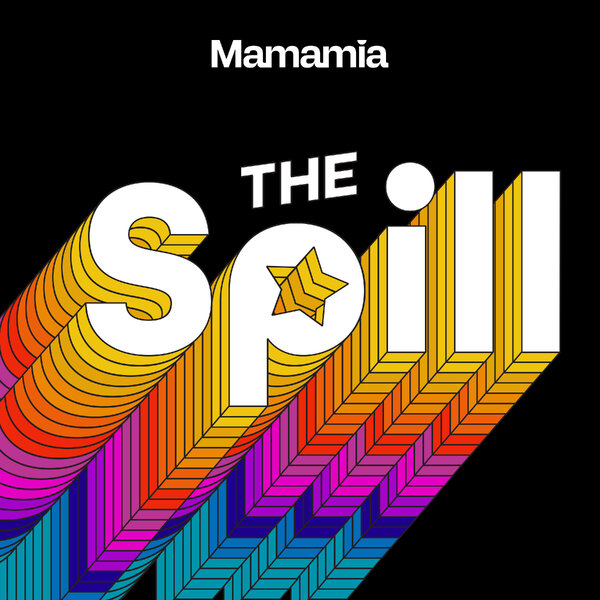In the small town where I spent most of my youth, the economy was fuelled by agricultural supply stores, bake sales and a machinery line of gossip and rumour. The place was stocked with people who would go to open house inspections not with any intention of buying but to see what kind of crockery Martha was using.
Occasionally it was just idle gossip (Burt was having an affair with Doris from number 54, Ingrid’s son had to cut short a trip to Vietnam because he fell through an awning while drunk and so on) but every now and then the rumour would spin out of control so fast and mutate into a version of its former self that was so blatantly absurd.
Like a game of Chinese Whispers, it was. You mention harmlessly that you’re planning on taking up golf and by the end of the week several people genuinely believe that you’re selling your home to pay an exorbitant fine after an unsavoury incident at the local petting zoo.
United Kingdom neuroscientist Professor John Hardy reckons we gossip because it’s a vestigial benefit. In days gone by (we’re talking well before the telephone) humans used to gossip because it was critical to know who’s who in complex social situations and thereby be able to shack up with a partner who could both keep you alive and, let’s be frank, breed well.
He believes an attraction to celebrity gossip is a kind of evolutionary legacy and our brains are designed to absorb it to satisfy a “primal evolutionary need”.
“Gossip evolved in a village society where everybody knew everybody else and successful navigation of local political complexities had a direct impact on reproductive success,” he wrote.
“In our global village, this need is now satisfied in part by the tabloid press.
What’s the worst, or weirdest, rumour that someone has spread about you? Or that you’ve heard?


Top Comments
I started the rumour myself (accidentally). Was living in France and started going out with a French guy. Jokingly told my mum on the phone that he was a descendant of King Louis XIV.
She didn't realise I was joking, and 6 months later when my boyfriend and I came back home for the summer I had my mum, aunties, uncles, and grandparents freaking out about what they would serve the blue blood prince for dinner when we came around.
Oops.
My old high school is shocking for this. Last year, I picked up an internship at a magazine- I told my siblings about it and the next day my brother's friends were telling everyone that I was moving to Spain to write for a football website!